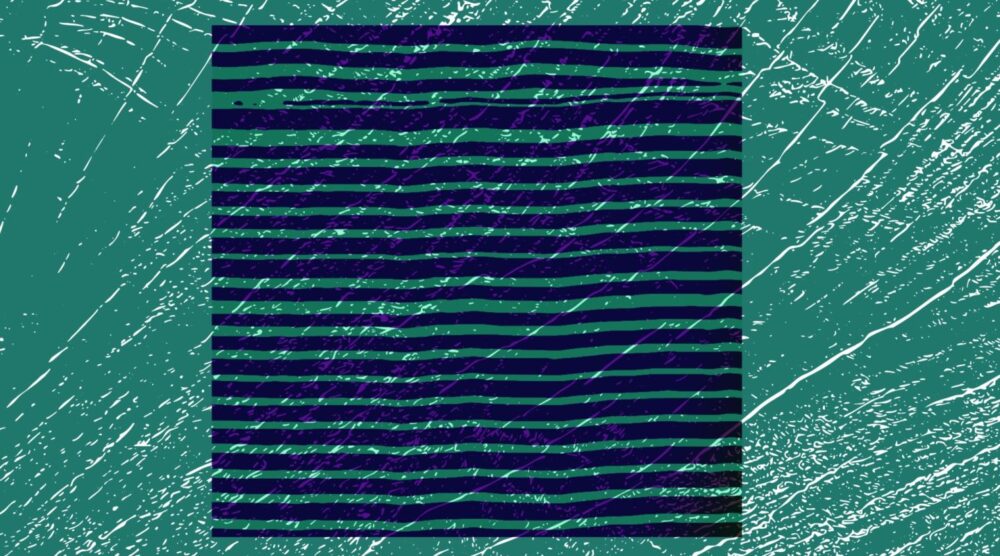Incarceration is the response that States often impose on unwanted behaviours. In many countries, criminal law and prison are used to target those who have been excluded, who do not comply with social norms, who speak out against injustice. This feeds a vicious downward spiral. Like a cyclone, it dismantles and devastates everything around it: the prisoners’ lives, their families’ and the wider community.
What are the human and social costs of this recourse to imprisonment? Civil society organisations are calling for courageous policies that challenge this practice. They engage their efforts, day after day, to try and bring about change, sometimes at the risk of their own safety. They play an immeasurable role in protecting the rights and preserving the dignity of those incarcerated, and in suggesting a different vision of society. Step by step, new approaches are being developed and elements of reform are being implemented.
The Caught in the spiral series explores the experiences of various civil society organisations, formerly incarcerated people, researchers and policy makers challenging the criminalisation of poverty, status or activism.
This series, implemented by Prison Insider, benefits from a financial assistance of Open Society Foundations and the French Development Agency. It is produced as part of the Campaign to decriminalise poverty and status.
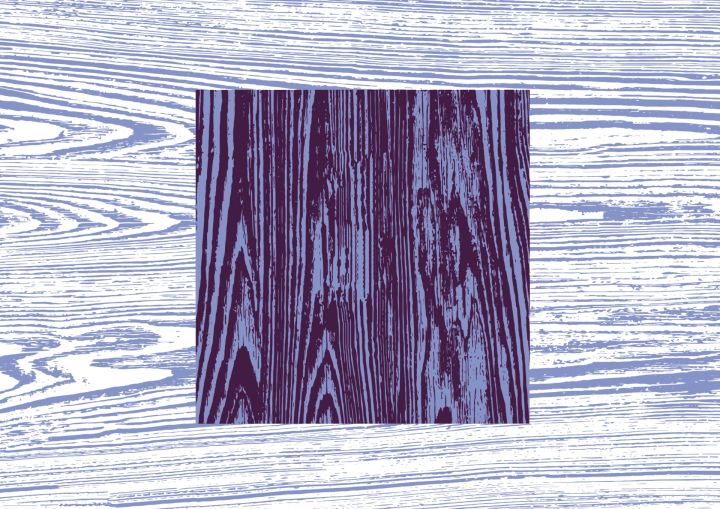
Côte d’Ivoire: women and children in prison
“The incarceration of women and minors has devastating consequences on society”
Action by Christians for the Abolition of Torture in Côte d’Ivoire (Action des chrétiens pour l’abolition de la torture en Côte d’Ivoire, ACAT CI) published a report on the incarceration of women and minors in the country. It examines the economic and social pressures that lead to their incarceration, the consequences of this incarceration, and the imprisonment conditions of these populations. Paul Kouadio and Wenceslas Assouhou answer our three questions.
“The time spent in detention rarely correlates with the offence committed and is instead because the judge must contact the parents before releasing a minor.”
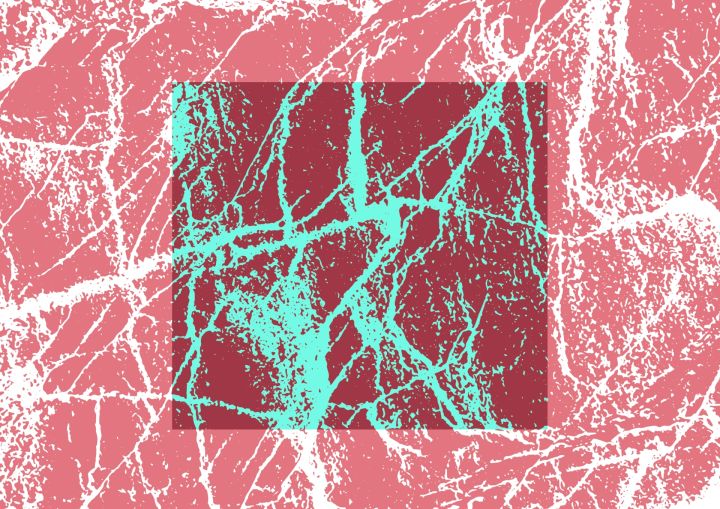
Sri Lanka: minor drug offense, high stakes
Detention conditions of persons detained for drug offences
In Sri Lanka, the war on drugs leads to grave human rights violations and inhumane punishment for persons convicted of drug offences, especially if they are poor. Even the mere possession of small quantity of drugs can lead to the death sentence. Petty offences, high stakes: who is targeted by this policy and under what conditions are drug offenders held?
Ambika Satkunanathan is a human right activist with the Neelan Tiruchelvam Trust and the former Commissioner of the Human Rights Commission of Sri Lanka. She advocates for the decriminalisation of drug use and dependence. Prison Insider asked her three questions.
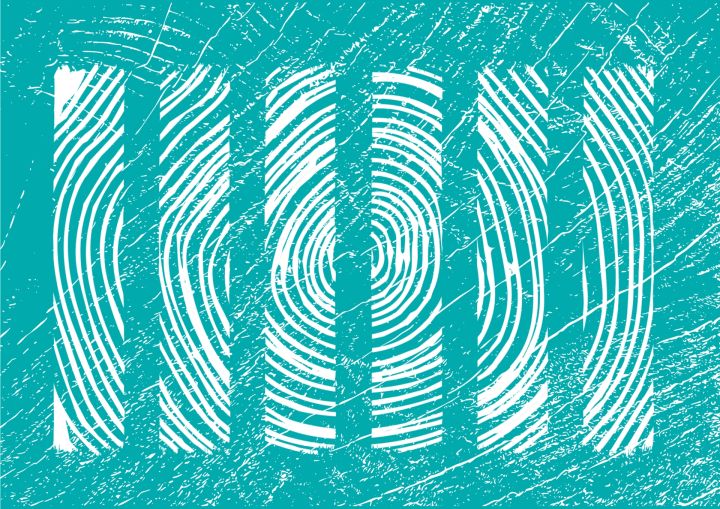
Kenya: left behind
When mental illness is treated as a crime
Misunderstood and excluded by their peers, people with mental health conditions are more likely to end up in prison. Once incarcerated, their ostracization is striking. The NGO Tunawiri addresses this issue by providing training to incarcerated people and prison staff on mental health, disability rights and socioeconomic transformation.
Charity is one of its founding members. She advocates for the rights of people with mental health conditions in Kenya through the lens of her lived experience with bipolar disorder. Prison Insider asked her three questions.
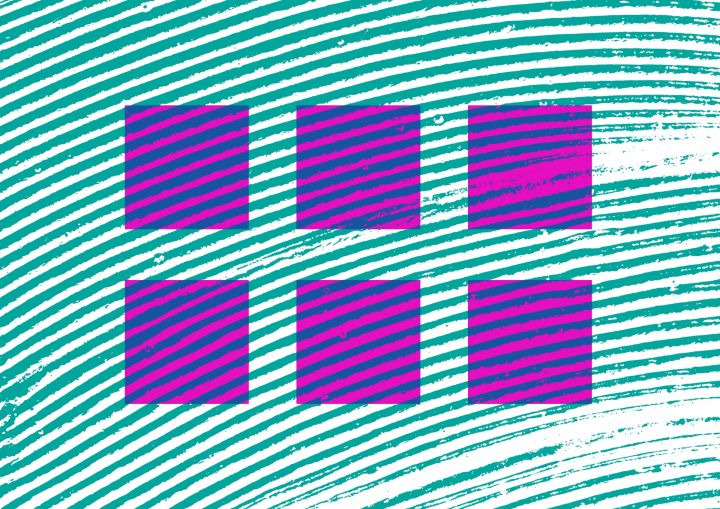
India: forest-dwelling communities on target
How has a law on the protection of wildlife enabled the authorities to criminalise the lives of the communities living in the forests?
In 1972, the Wildlife Protection Act was established to protect wildlife in India. It has led, however, to the criminalisation of an already marginalised part of the population: the forest-dwelling communities.
The Criminal Justice and Police Accountability (CPA) Project is a litigation, research and capacity-building initiative whose main aim is to end the disproportionate targeting of marginalised communities by the criminal justice system. The CPA project recently conducted research to understand the extent and nature of disproportionate targeting of communities in Madhya Pradesh (Central India) by the Forest Department under the WPA. This research has led to the publication of a report that highlights how criminalisation is being used to violate the rights of indigenous communities.
Nikita Sonavane and Sanjana Meshram are part of the CPA Project and contributed to this research. Prison Insider asked them three questions.
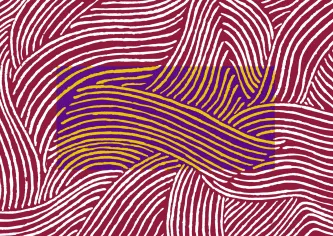
Central African Republic: witchcraft
An offence for locking up undesirables
Representations of witchcraft are very prevalent in Central African society. The penal code nevertheless criminalises certain practices of witchcraft and charlatanism. Accusations, charges and convictions for these offences are numerous. Vulnerable people are targeted over and over again: women in particular, especially women those who are older and isolated. In late 2022, Avocats Sans Frontières (ASF) and the Inanga consultancy and research organisation published a study on the instrumentalisation of this offence, as well as its social and legal consequences.
Bruno Langhendries works at ASF, and Julien Moriceau at Inanga. Prison Insider asked them three questions.

